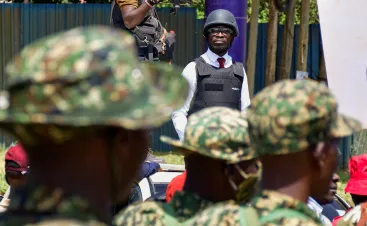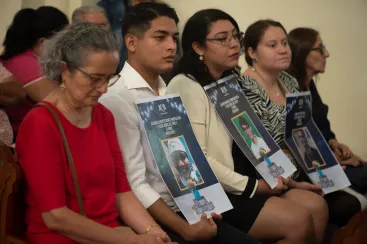
Iran’s internet blackout tightens information chokehold amid spreading protests
Iranian authorities have imposed a near-total internet shutdown as nationwide protests intensify, severely restricting journalists’ ability to report and cutting off communication with the outside world.
Press freedom is your freedom.
The Committee to Protect Journalists is an independent, nonprofit organization that promotes press freedom worldwide. We defend the right of journalists to report the news safely and without fear of reprisal.
CPJ’s researchers document attacks on journalists and media workers throughout the year, providing a rigorous and trusted source of information on the state of press freedom worldwide. Explore our data.
What we do

Advocacy
CPJ denounces press freedom violations and engages with governments, multilateral institutions and other coalitions to defend journalists under attack.

Awareness
CPJ’s researchers rigorously document attacks on the press, helping journalists enduring those attacks to remain in the public eye.

Assistance
CPJ supports journalists through timely safety information and emergency assistance, covering an array of physical, digital, and legal issues.



